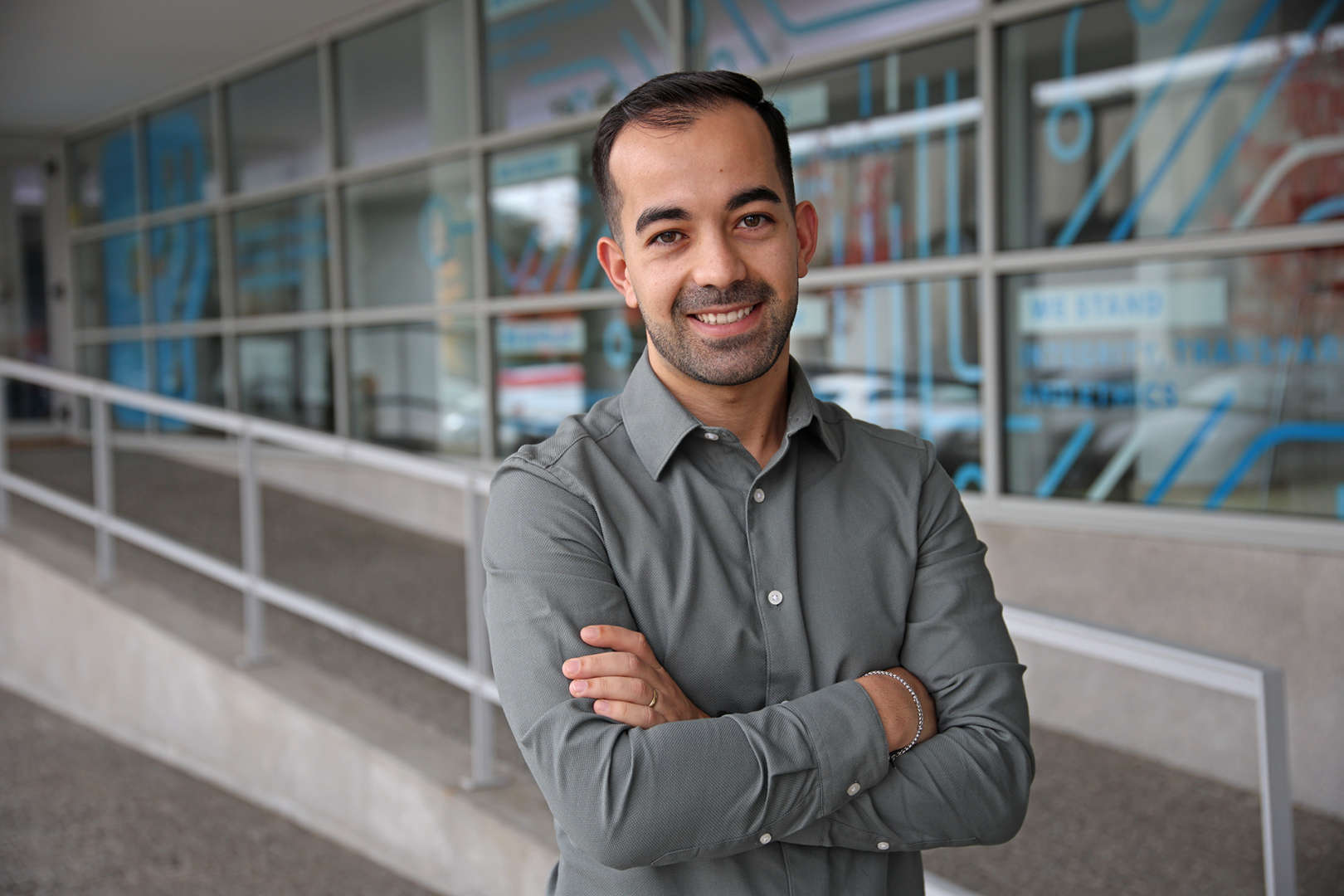Sobre
Sou um investigador e Engineering Manager da equipa de Gestão de Operações e Apoio à Decisão no Centro de Engenharia de Sistemas Empresariais do INESC TEC. Possuo competências em programação e experiência em Gestão Industrial, especialmente em métodos de simulação e otimização para apoio à tomada de decisões, focando em sistemas de manufatura e logística interna. Tenho mestrado em Engenharia Eletrotécnica e de Computadores (ramo de Automação e especialização em Gestão Industrial) pela Faculdade de Engenharia da Universidade do Porto (FEUP). Participei em diversos projetos, abrangendo gestão de stock, balanceamento des linhas de produção, planeamento de produção, definição de layouts fabris, entre outros. Tenho experiência em várias indústrias, como calçado, mobiliário, embalagens metálicas, entre outras. As minhas principais áreas de interesse incluem Gestão de Operações, Sistemas de Apoio à Decisão, Machine Learning, com um interesse particular em Reinforcement Learning.


